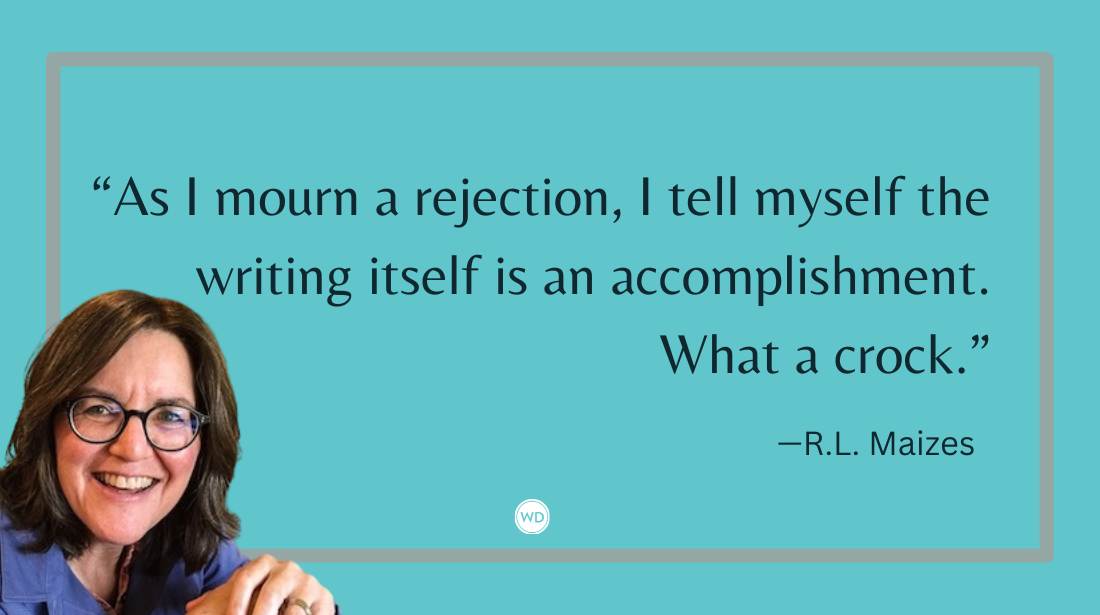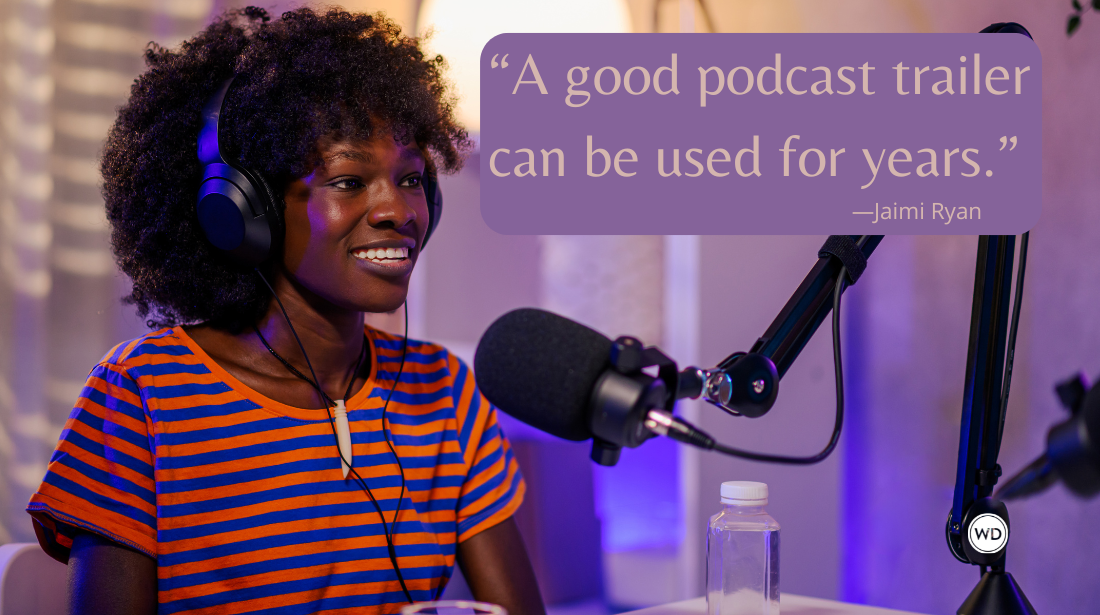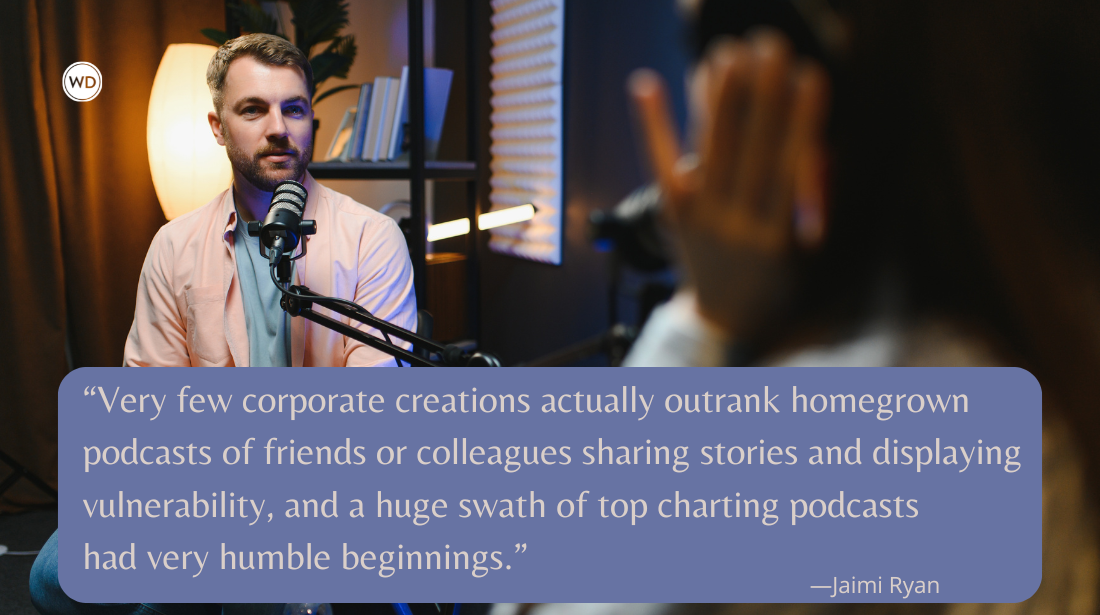Astronomy: Market Spotlight
For this week’s market spotlight, we look at Astronomy, a monthly magazine covering the science and hobby of astronomy.
Established in 1973, Astronomy is a monthly magazine covering the science and hobby of astronomy. The magazine shares stories on the science of astronomy, cosmology, and more for astronomy enthusiasts.
The editors say, "Astronomy magazine is really a story of the people behind it. Dedicated by an obsession with the subject of astronomy, they are driven to assemble the best, most-absorbing material relating to the world of astronomy with every page they have."
What They're Looking For
Most of the articles in Astronomy are commissioned by the editors, but they also encourage pitches from freelancers. Freelancers can pitch one of two types of articles: Science features and hobby features.
For the science features, editors are looking for descriptive pieces that focus on a particular type of astronomical object or scientific process; news features focus on an area of research and give readers an in-depth look at recent events; and human-interest pieces featuring personalities, historical events, and special topics such as education and archaeoastronomy.
For the hobby features, editors want pieces explaining where to find and how to view celestial objects and include sky maps, diagrams, and illustrations; photography and imaging features that provide how-to advice on capturing portraits of celestial objects on film or in digital format; and equipment pieces that range from product reviews to surveys of telescopes and accessories.
The editors say, "The magazine's articles must go beyond presenting facts; they must tell a story. The first two or three paragraphs (the 'lead') must grab the readers' attention and tell them what the article is about. The article should contain a thread, or argument, that develops in a coherent direction as details supporting the lead are delivered and should end in a meaningful conclusion that summarizes its content."
Article length is between 1,500 and 3,000 words.
How to Submit
Potential writers can submit queries or outlines describing their piece via their web-based form or by post (Astronomy magazine, P.O. Box 1612, Waukesha WI 53187).
The editors say, "If you have not been published in Astronomy, please send writing samples along with your letter."
*****
No other market is as open to the freelance writer as the magazine market. From trade and association publications, to special interest magazines, to regional and national consumer publications, editors are looking for writers who can deliver well-researched, reader-targeted articles on deadline. To make it in this market, you want to learn how to identify a magazine's editorial needs and—most important—how to fill them.









